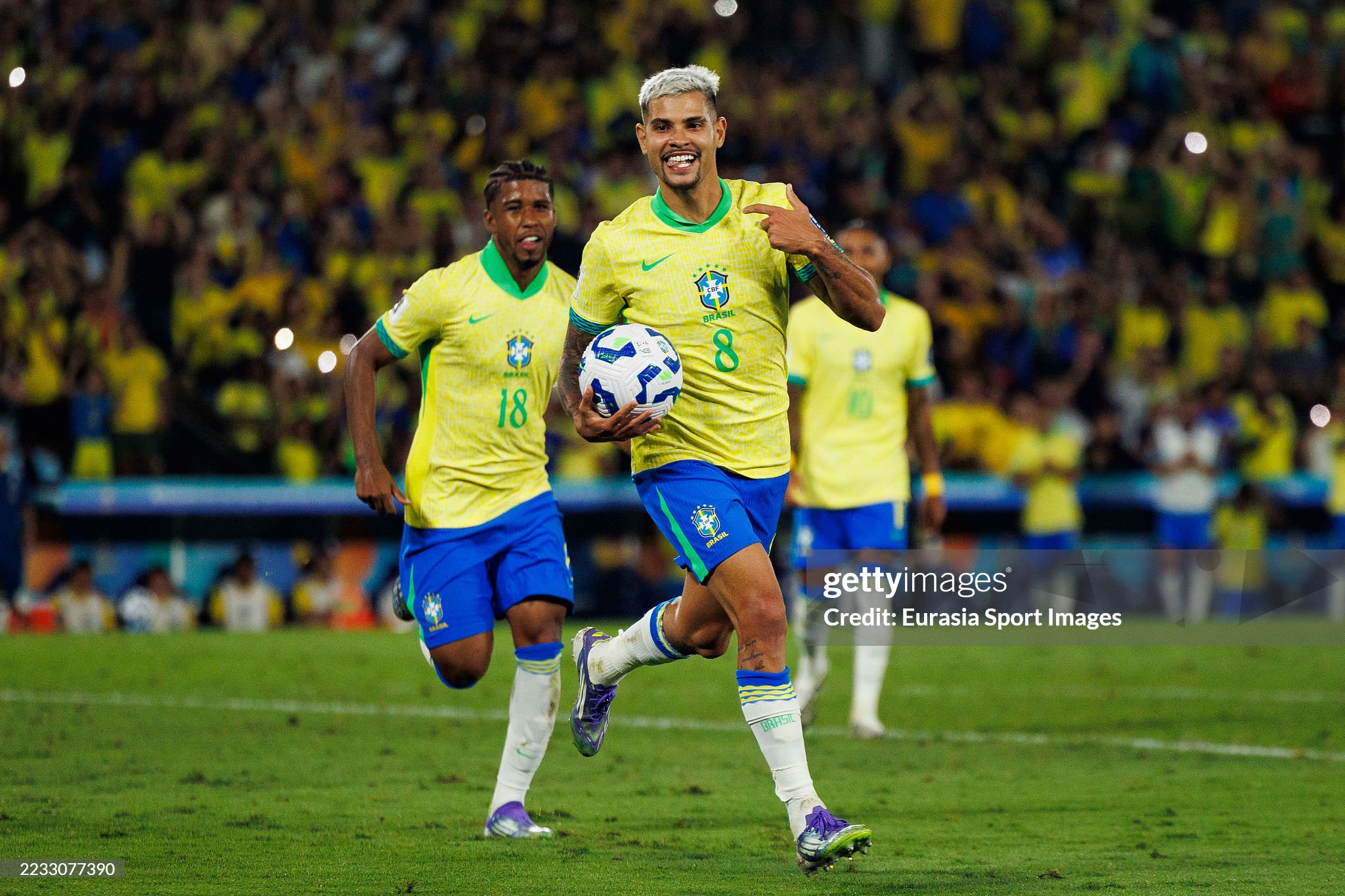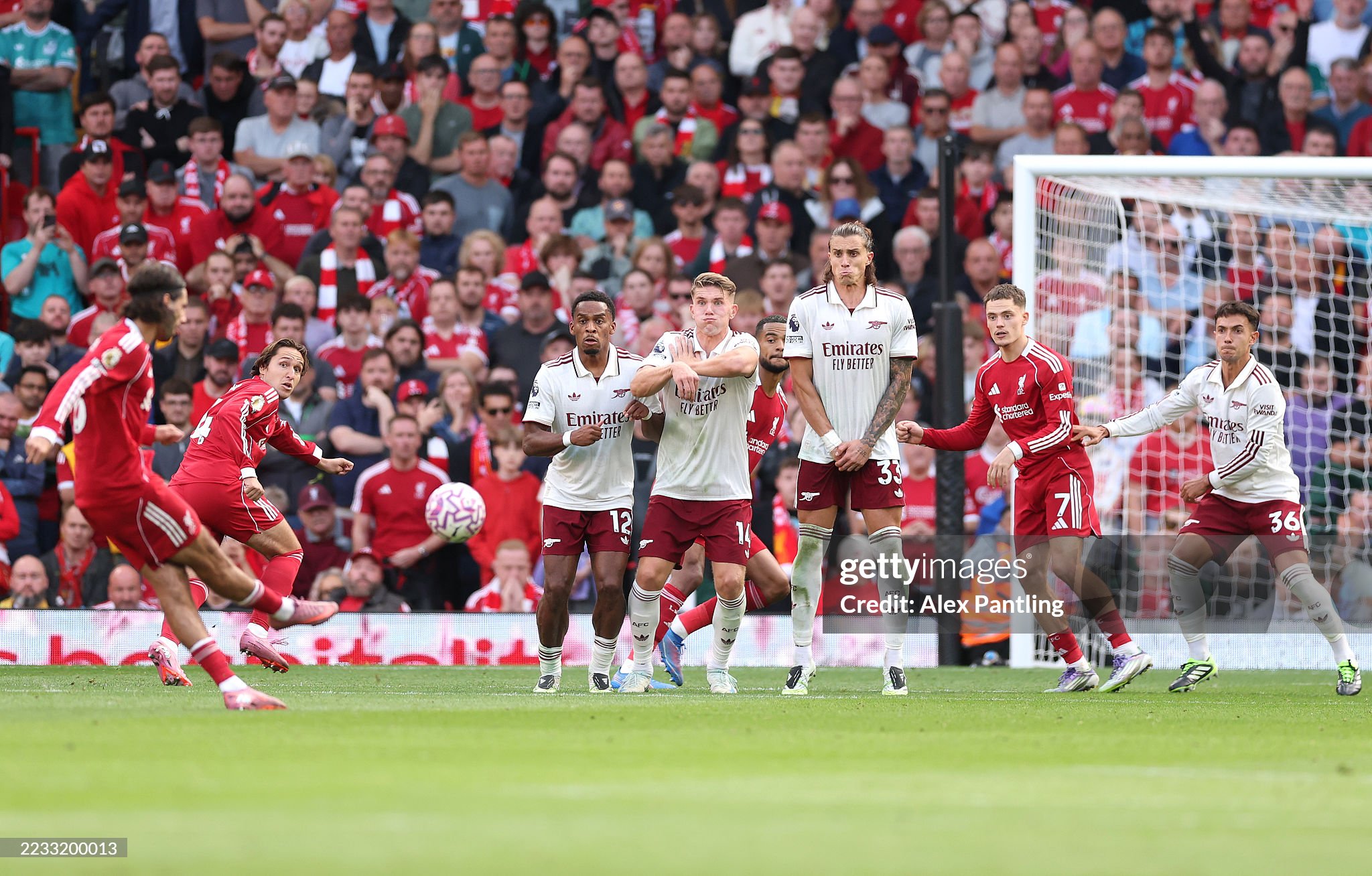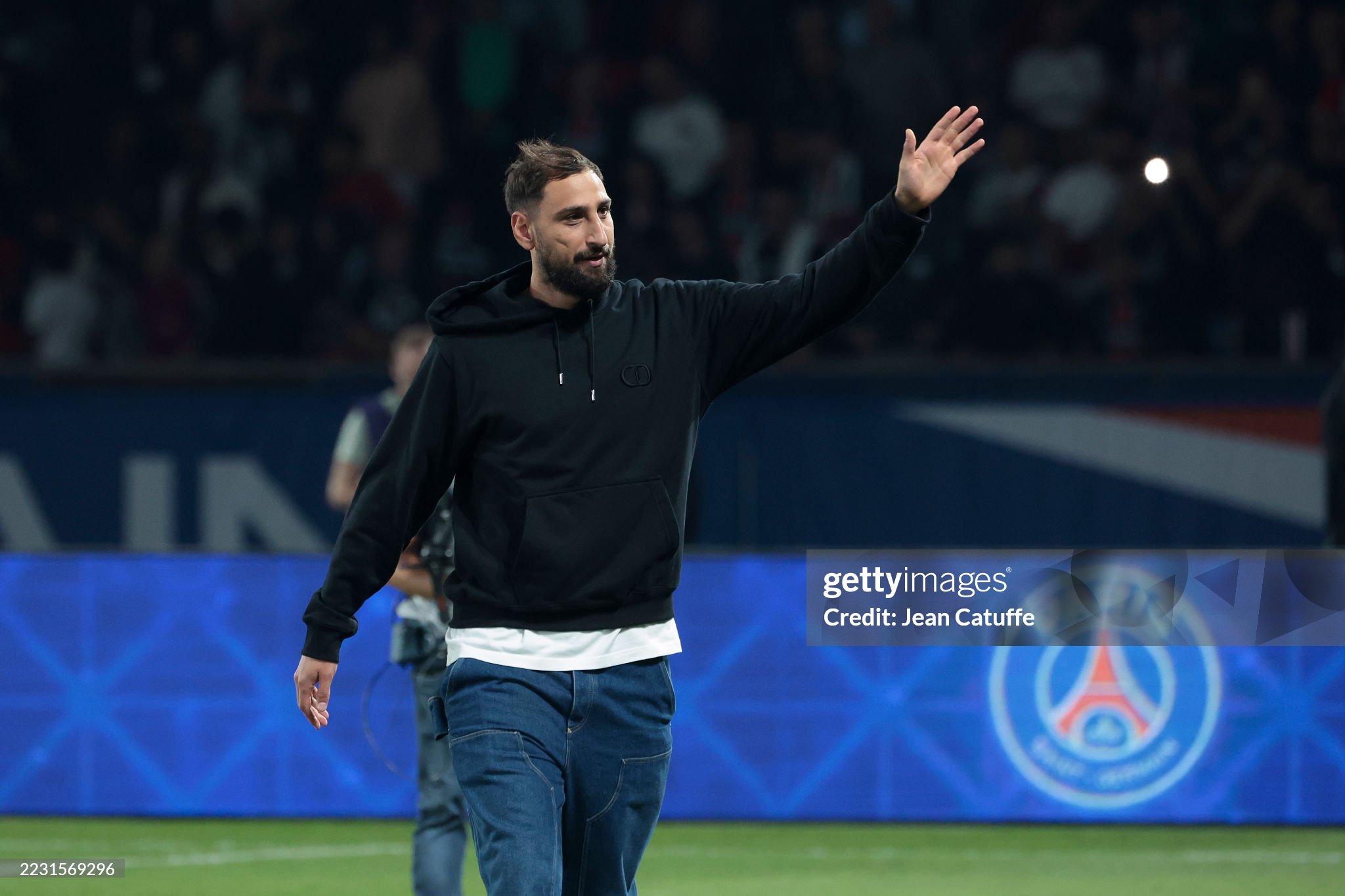PSG forwards were injured while on duty with the French national team, and the Parisian club insists it had warned the French Football Federation about the risk of injury to the players. The club is calling for a “new medical-sport coordination protocol between clubs and the national team.”
Ousmane Dembélé and Désiré Doué suffered serious injuries during France’s World Cup Qualification match against Ukraine on Friday, and Paris Saint-Germain has reacted with anger and frustration.
The Parisian club, which sees both players as key figures in its squad, issued a strong statement on Sunday directed at the French Football Federation (FFF), demanding systemic changes in how national teams handle the medical management of players.
The injuries could not come at a worse time for PSG. Dembélé, who has rediscovered form this season and become a central figure in Luis Enrique’s tactical setup, will be sidelined for six to eight weeks after suffering a ruptured tendon in his right thigh. Désiré Doué, one of PSG’s promising young stars who has been gradually integrated into the squad, sustained a muscle injury in his right calf and will miss around a month of action. Both absences leave Enrique with fewer options during a crucial period in Ligue 1 and the Champions League.
For PSG, the frustration is not only about the injuries themselves but also about what they see as a failure of communication and responsibility from the FFF. According to the club, it had already provided detailed medical data and recommendations concerning the workload and risks faced by both Dembélé and Doué before they joined the French camp. PSG claims these warnings were ignored. “The club regrets that these medical recommendations were not taken into consideration by the French national team’s medical staff, as well as the total absence of requests for consultation and coordination with its own medical teams,” the statement read.
The Parisian side argues that the lack of collaboration exposes players to unnecessary risks and undermines the investment made by clubs, who are responsible for the players’ health on a daily basis. Given the immense financial and sporting stakes involved, PSG is now pushing for a new “medical-sport coordination protocol” to be formally established between clubs and the national federation. This, the club says, would ensure systematic communication, reciprocal documentation, and a stronger precautionary principle when handling players with existing conditions or high injury risk.
The timing of this dispute highlights a long-running tension between clubs and national teams across Europe. The so-called “FIFA virus” a term widely used to describe injuries sustained during international breaks has been a point of contention for decades. Clubs argue that they shoulder the financial burden when players return injured, while federations maintain the right to call up the best talent available. PSG’s clash with the FFF is only the latest example of this broader conflict, but the tone of the statement suggests the French champions may seek structural reforms rather than treating this as an isolated case.
PSG also took care to clarify that its stance is not anti-national team. “Paris Saint-Germain, while reaffirming its commitment to the federal mission and to the French national team whose prestige is a fully shared objective hopes that these regrettable events will open the way to the implementation of a new formal medical coordination framework,” the statement said. In other words, PSG insists it supports France’s national project but demands that club input be respected, particularly when medical risks are involved.
The fallout from these injuries will have immediate and long-term consequences. In the short term, Luis Enrique must reorganize his squad without two important attacking options, potentially forcing tactical adjustments in both domestic and European fixtures. In the long term, this could become a test case in redefining the relationship between top clubs and national federations in France. If PSG succeeds in pushing through reforms, it could set a precedent for other clubs across Europe to demand similar agreements.
The situation is particularly delicate for Dembélé, whose career has already been plagued by repeated muscle problems. PSG believed it had been carefully managing his workload to prevent further setbacks. His current injury, therefore, feels like a step backward in a season where he had finally been delivering consistent performances. For Doué, still at the beginning of his PSG journey, the injury is less severe but disrupts his development and deprives him of valuable playing time.
What is clear is that PSG wants change. “The recent events, serious and avoidable, must give rise to swift and immediate corrective measures. The club stands ready to actively contribute to this collective work, in the interest of the players and of all professional football,” the statement concluded.
As the debate unfolds, attention will turn to how the FFF responds. Will the federation acknowledge the concerns raised by PSG and move toward greater cooperation, or will the traditional club-versus-country tension intensify? Either way, the injuries to Dembélé and Doué have sparked a discussion that could reshape medical protocols not only in France but across European football.







